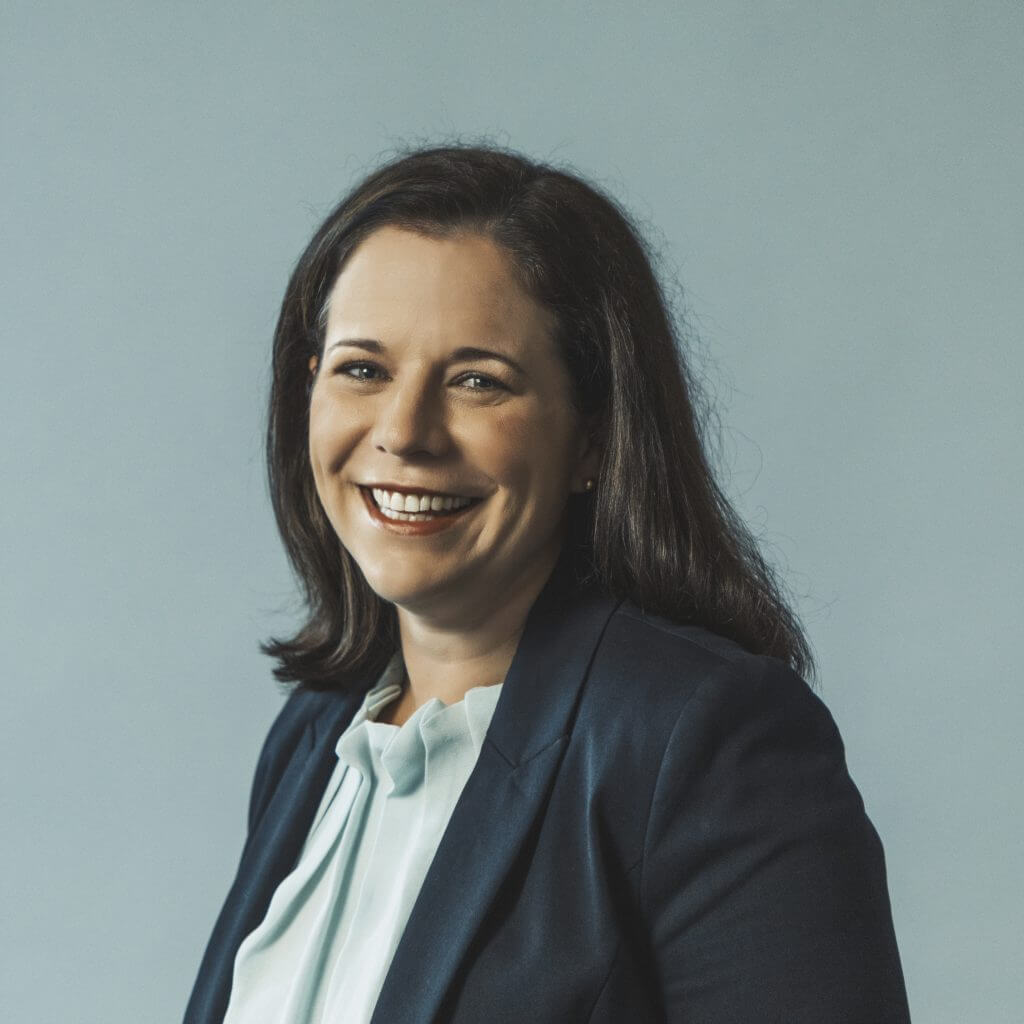The quality and reliability of the outcomes of an investigation depends on a number of factors, not least of which is the quality of the evidence you, as an investigator, are able to collect in meeting with each of the witnesses.
In addition to asking open, probing and relevant questions, an investigator should ensure that the evidence of the parties is recorded accurately to allow the witness to confirm it and you to review and analyse it, after the interview has taken place.
In our experience, the use of audio recordings is most often the effective way of collecting reliable evidence to support your investigation findings. While the use of an audio recorder won’t always be necessary (for example in a small internal investigation) and can sometimes be seen an overly formal way of collecting evidence, there are a number of advantages to using an audio recorder:
Advantages of Recording An Interview
1. Reinforces seriousness: Knowing that they are being recorded can reinforce the seriousness of the matter to the participants.
2. Focus on interviewing: Allows you as an investigator to be present” in the interview, focusing on the witness’ responses to your questions and thinking about your next questions (as opposed to madly attempting to accurately record their answers in a decipherable form);
3. Accuracy: An audio recording is a precise record of all that is said during the interview. Obviously, an audio recorder evidences exactly what the witness says, whereas often notetaking can result in the investigator abbreviating or paraphrasing the witness’ response in an effort to capture all of the evidence. Further, where allegations are particularly serious or, for example, involve consideration of exactly what was said during a meeting or exchange, audio recordings of the witness’ response are recorded precisely and can be revisited later to see whether the evidence is consistent between witnesses; and
4. Clarification: Recording interviews allows you to collect evidence in both written and audio format. We use a reliable and efficient transcription services to reduce the burden of converting the audio recording to writing. The transcript of interview can then be sent to the witness for further comments or to clarify particular matters. Helpfully, audio recordings also capture the emotion and/or tone of participants in providing their evidence to you.
In terms of the practical tips and tricks in using the audio recorder, my top 3 to remember are:
1. Avoid technology fails: Do not let the presence of a recorder lull you into a false sense of security. As we all know, technology fails at the most inopportune of times so it’s important that you:
- know how to use your audio recorder. A few minutes into the interview, I like to glance at it to check that it is working;
- always have some spare batteries handy for emergencies; and
- take some notes of your interview to ensure that if the worst occurs, all is not lost!
2. Be consistent: If you do choose to use an audio recorder to collect evidence, it is important to be consistent in your treatment of the witnesses in terms of the recording of their evidence. For example, although distance may prevent you from interviewing all of the witnesses in person, Skype and telephone calls can still be audio recorded if the recorder is placed near the speaker.
3. Forewarn witnesses: Always forewarn the witness that that your conversation will be recorded and that nothing that they say to you will be “off the record”. Doing this before the interview takes place should avoid surprise, debate and lost time during the interview about the use of the recording device.
If you would like to learn more about conducting a sound, procedurally fair investigation, then register now to attend our one day Conducting Effective Workplace Investigations workshop in Melbourne on March 20, or purchase the second edition of our book, Workplace Investigations, recently published by Wolters Kluwer.
About Brooke Hall
 Brooke Hall has significant experience in the workplace relations area, having previously worked as a lawyer for 10 years at the now Fair Work Ombudsman. Brooke brings strong communication, investigative and analytical skills in the area of dispute resolution to Worklogic. Her strong client service focus and pragmatic approach ensures clients receive practical solutions to a range of workplace issues.
Brooke Hall has significant experience in the workplace relations area, having previously worked as a lawyer for 10 years at the now Fair Work Ombudsman. Brooke brings strong communication, investigative and analytical skills in the area of dispute resolution to Worklogic. Her strong client service focus and pragmatic approach ensures clients receive practical solutions to a range of workplace issues.
Worklogic has extensive experience in triaging and resolving workplace complaints. If you would like advice on a workplace complaint, you can contact Brooke for an obligation-free discussion via email or by calling (03) 9981 6500.
Subscribe to the Worklogic blog to receive expert advice on resolving workplace complaints and building a positive culture at work direct to your inbox each week

